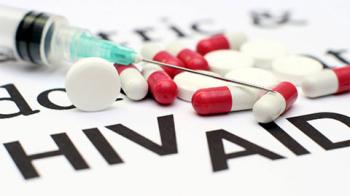
The number of people newly diagnosed with HIV/AIDS in Turkey increased to 1,700 in 2014, up from 1,000 in 2013, Professor Fehmi Tabak, a specialist on infectious diseases at İstanbul University's Cerrahpaşa School of Medicine Hospital, said in İstanbul on Tuesday.
Tabak was speaking at a reception held to introduce a new project that is part of the 2014 Gilead Sciences Turkey fellowship program which will encompass efforts to prevent the spread of HIV, AIDS and the Hepatitis C and B viruses.
According to data provided by Tabak, there were 9,300 people diagnosed with HIV/AIDS in Turkey at the end of 2014. Tabak said there has been a 70 percent increase in new diagnoses compared to 2013, underlining that the new figures on HIV/AIDS cases in 2014 indicate that there has been a particular increase among the younger population. “The spread of HIV/AIDS is quite high, especially among homosexuals,” he added.
Nine projects to fight HIV, AIDS and the Hepatitis C and B viruses were given a total of TL 300,000 in financial support in 2014 as part of the Gilead Sciences Turkey fellowship program.
HIV/AIDS is a specific disease in which the immune system becomes impaired during a person's lifetime, rather than from inherited gene defects. The virus that causes HIV/AIDS destroys T-cells, the key soldiers of the immune system that fight germs.
According to the World Health Organization (WHO), there are more than 34 million AIDS/HIV patients across the world and of this, 3 million are below the age of 15. There are more than 2.5 million new HIV/AIDS cases diagnosed annually and at least 1.7 million people die because of HIV/AIDS every year.



